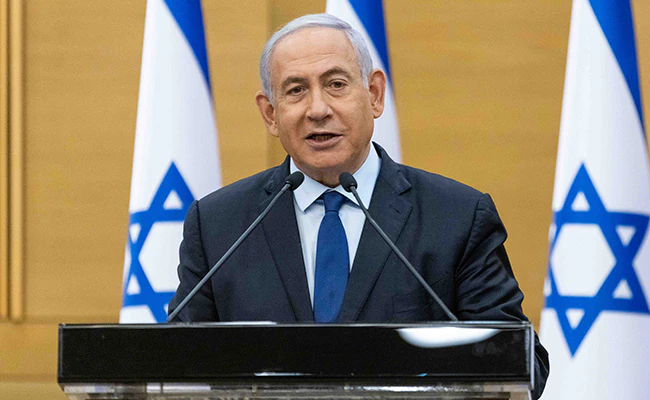By Ben Kerrigan-
Israel is intensifying its calls for sanctions against Iran’s missile program following a recent unprecedented attack on Israeli territory.
The attack, which occurred on Saturday, involved a barrage of missiles and drones launched from Iran, Iraq, Syria, and Yemen.
Although most of the projectiles were intercepted by Israel and its allies, the incident has escalated tensions in the region.
Israel’s war cabinet convened to address the situation, but specific plans have not been disclosed. However, the military chief of staff emphasized that Israel would not leave the attack unanswered, indicating a potential response in the near future.
Tehran has claimed that the attack was in retaliation for an alleged Israeli airstrike on its consulate in Syria on April 1st, resulting in the death of 13 individuals. The tit-for-tat escalation reflects the ongoing hostilities between the two countries, exacerbated by Iran’s support for militant groups like Hamas.
Israel’s increased targeting of Iran in recent months, particularly over its alleged funding and arming of Hamas during the Israel-Gaza conflict, underscores the deep-rooted animosity between the two adversaries.
Meanwhile, in Gaza, Israeli forces have initiated a military operation in Beit Hanoun, located in the northeastern part of the strip. The operation adds to the already volatile situation in the region, raising concerns about further escalation and civilian casualties.
The latest developments highlight the precarious nature of the Israel-Iran conflict and the potential for broader regional instability. With both sides showing little sign of backing down, the situation remains tense, with the specter of further violence looming large.




